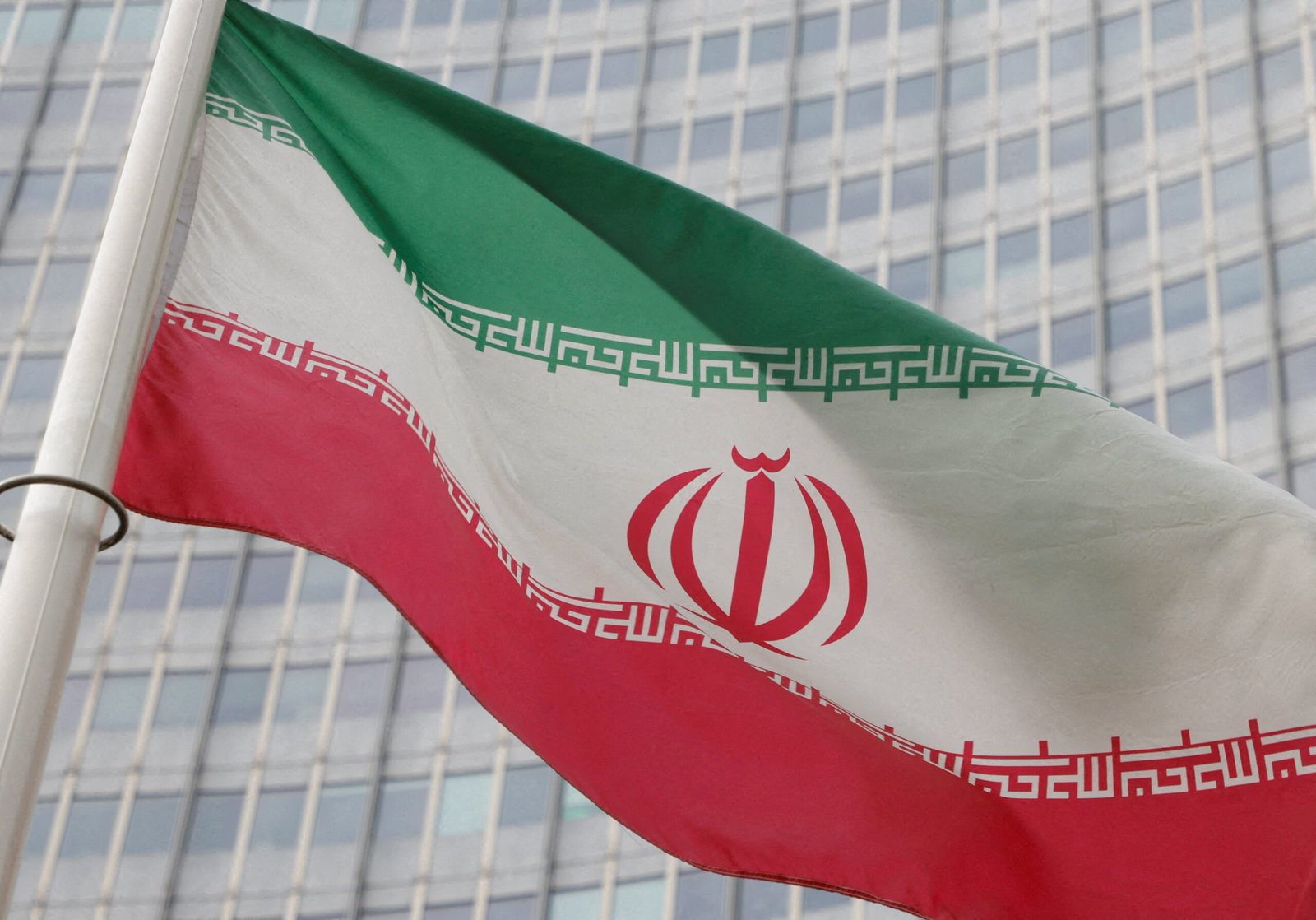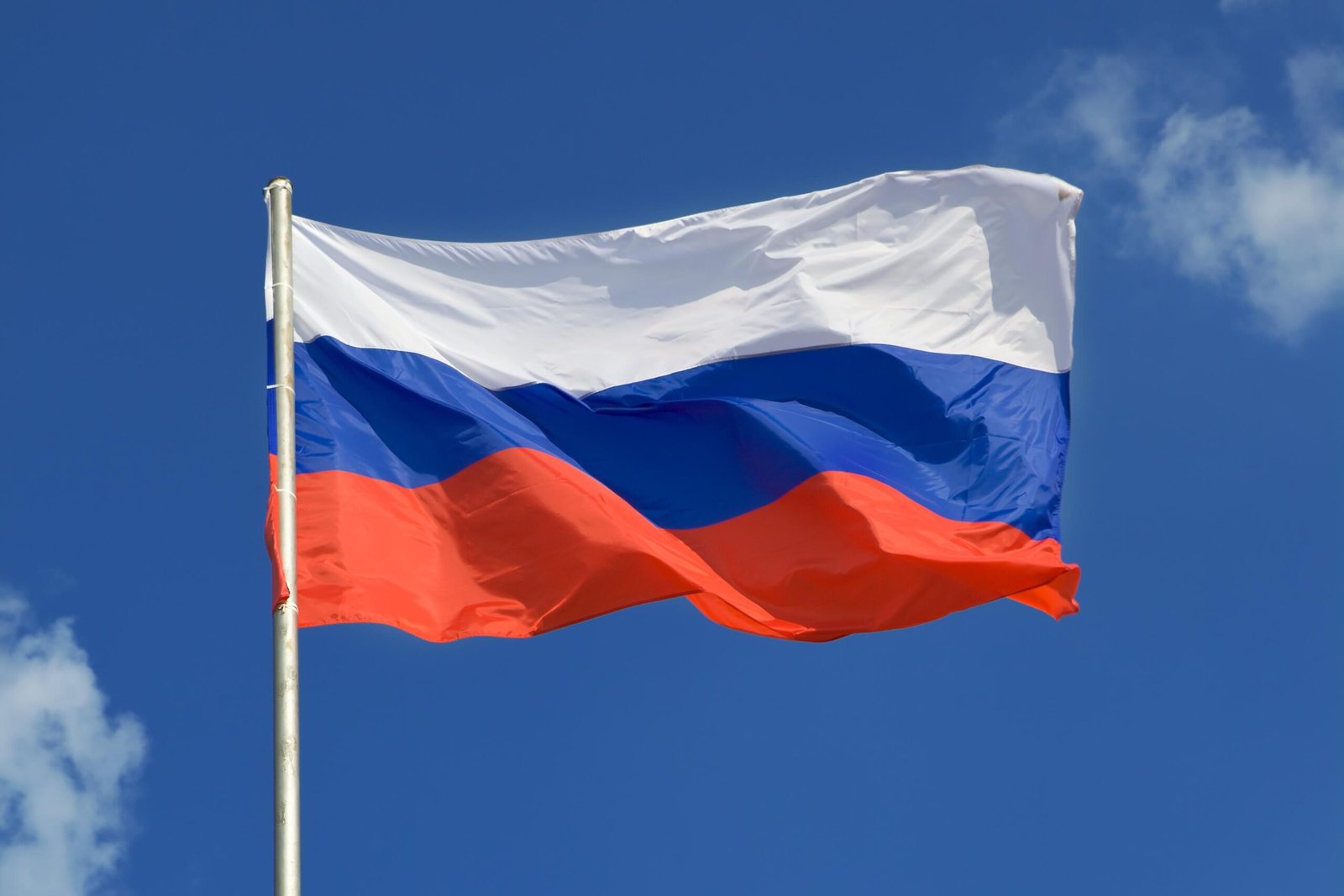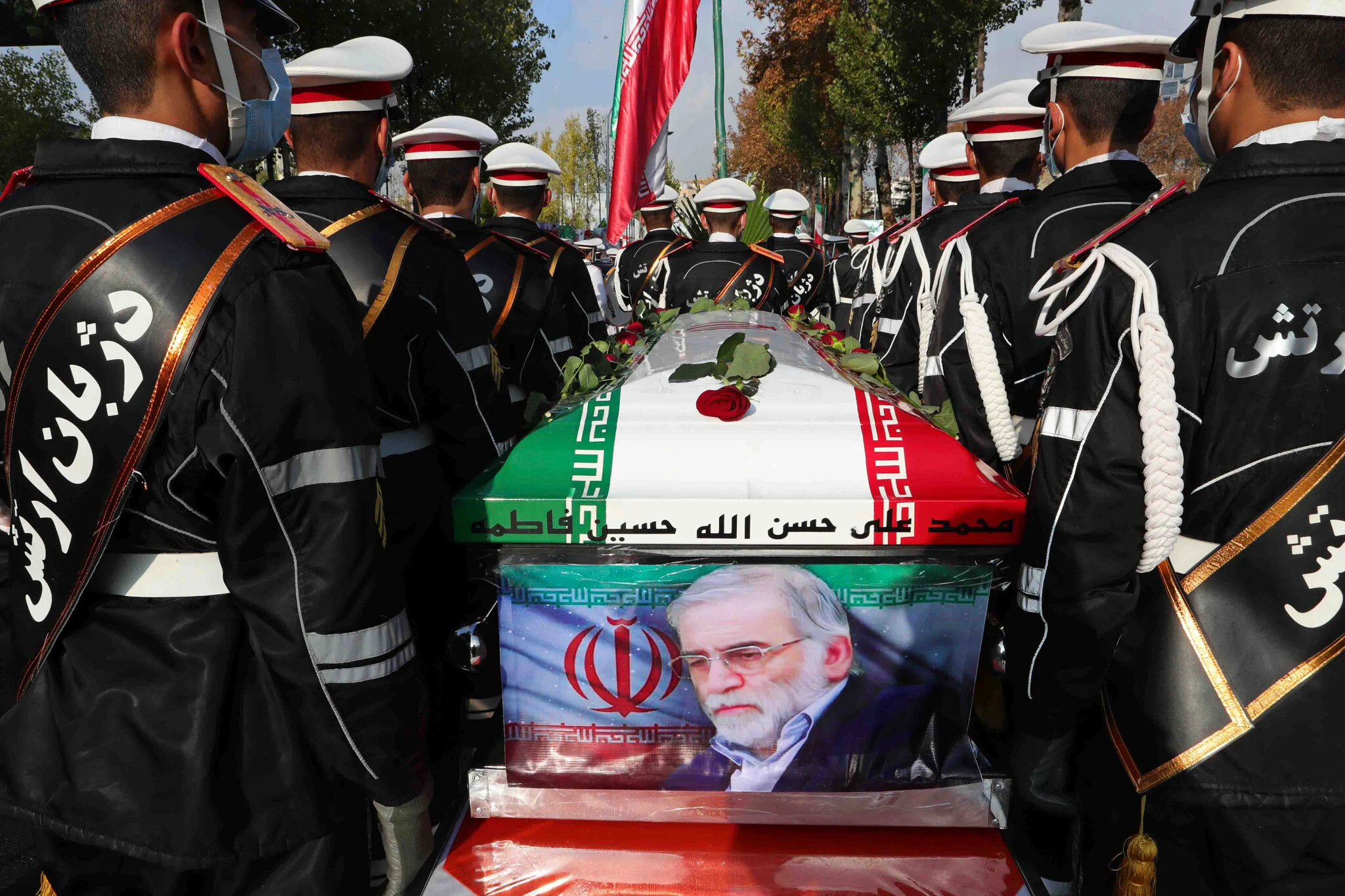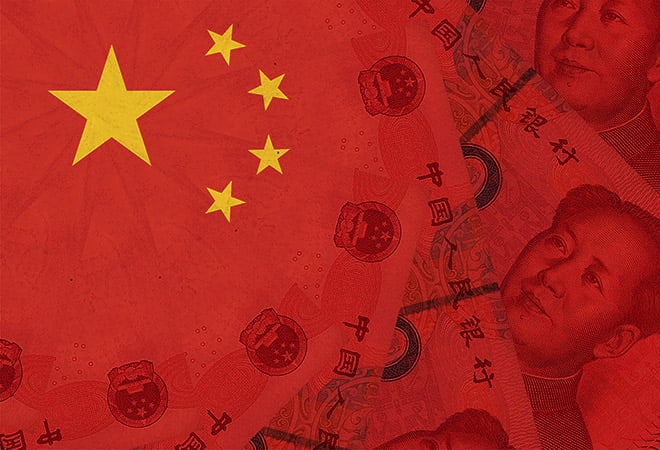Here is the “landmark” deal on phasing down fossil fuels to achieve net zero carbon dioxide emissions, tripling renewables and doubling energy efficiency. But where’s the money to help poor, developing economies transition away from the dirty fuels?
The deal called the UAE Consensus closed last week at the United Nations Climate Summit (COP28) is being hailed as the “beginning of the end” of the fossil fuel era. The agreement lays the ground for the world to transition away from fossil fuels in energy systems in a just, orderly and equitable manner to achieve net zero emissions by 2050. To pull it off, the agreement includes a commitment to triple renewables and double the energy efficiency by 2030 that should see wind and solar energy displace some coal, oil and gas.
The world must cut greenhouse gas emissions 43 per cent by 2030 and 60pc to limit global warming to 1.5 degrees Celsius, a 2015 Paris Agreement goal. But the 2023 UN Emissions Gap report says the world is currently on track to produce 110 per cent more fossil fuels by 2030 than would be consistent with limiting warming to 1.5-degree Celsius, and 69pc more than compatible with two-degree Celsius.
Despite a broader agreement on the first-ever Global Stocktake, differences remain between the developed and developing worlds on the availability of financing required for achieving the goals set in it. During climate negotiations, the middle-income developing countries were very uncertain about the phase-out of fossil fuels. Nigeria, Uganda, Colombia and others noted that “they needed revenues from the sale of coal, oil and gas to ensure they could pay for the transition to greener energy”. Colombia complained that by moving away from fossil fuels, credit agencies had downgraded their rating, meaning that international loans to go green would cost them far more. Likewise, several developing countries, including Bolivia, Cuba, China and others, expressed dissatisfaction with the final text on fossil fuels, stating it eroded the principles of equity and climate justice.
















